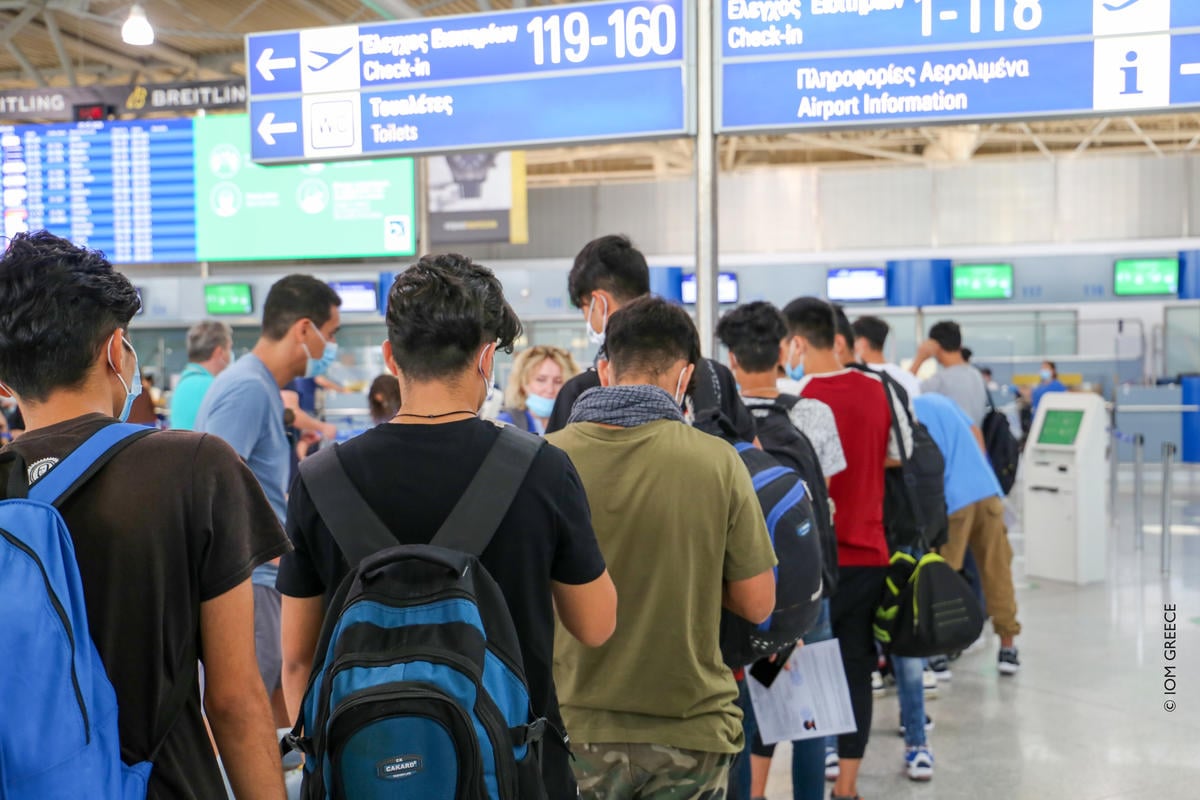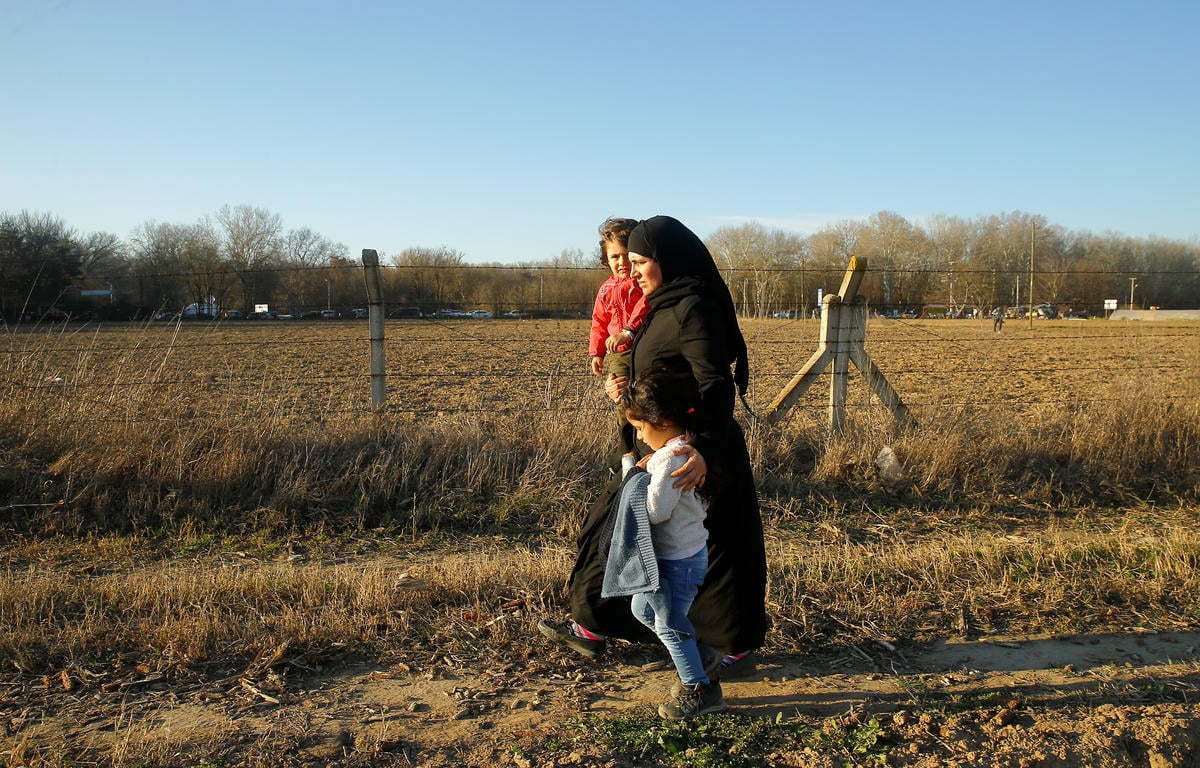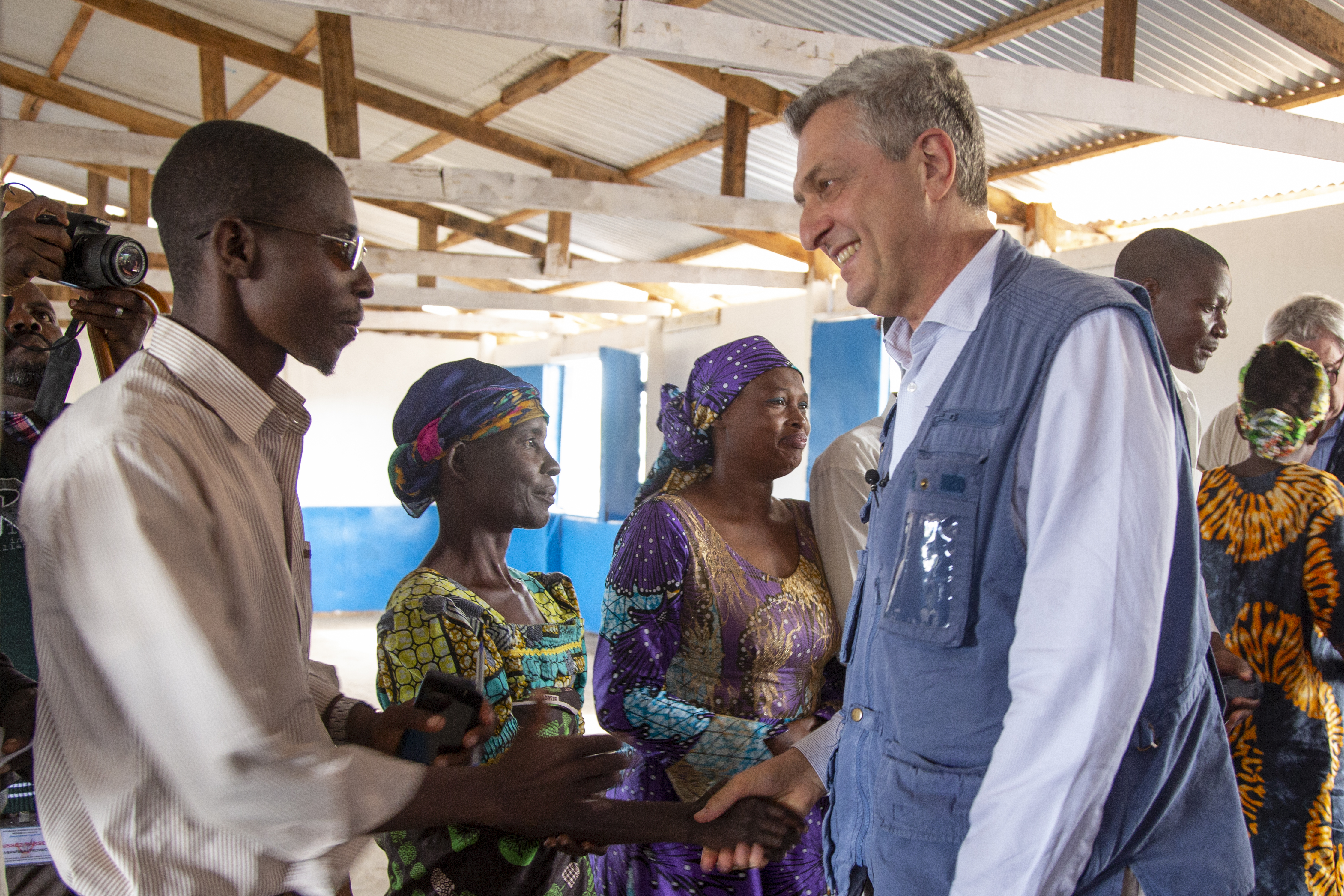Boat people arrivals in the Mediterranean, Gulf of Aden already top 2007
Boat people arrivals in the Mediterranean, Gulf of Aden already top 2007
Smuggling of people at sea is not, of course, confined to the Gulf of Aden. UNHCR and its partners have been working to help governments deal with this and other mixed migration issues, including through a series of regional conferences to address practical issues. The first of these conferences took place in Yemen in May, and another one is set for next week in Dakar, Senegal. UNHCR has also developed a 10-Point Plan of Action on Refugee Protection and Mixed Migration that sets out a number of areas where we believe initiatives are called for and where we can contribute some expertise.
Nevertheless, the number of refugees and migrants crossing the Mediterranean and the Gulf of Aden by sea in the first 10 months of 2008 is already higher than the total for the whole of last year is several areas, according to UNHCR estimates based on various official and unofficial sources.
Nearly 30,000 boat people arrived on Italian shores by the end of October this year, compared to 19,900 during the whole of 2007. At the same time, the number of people reported dead or missing at sea on their way to Italy or Malta in the first 10 months of 2008 (509) is already higher than the total for 2007 (471). This is despite the laudable search and rescue efforts of the Italian Navy and Coast Guard.
In Malta, close to 2,600 boat people arrived in the first nine months of the year from North Africa, compared to 1,800 in the whole of 2007.
In the case of Greece, figures are available only for the first seven months of 2008, but they show the same trend as in Italy and Malta. An estimated 15,000 people arrived in the Greek mainland or islands in the Aegean between January and July of this year, compared with 19,900 during the whole of 2007.
Arrivals in mainland Spain and the Canary Islands up to the end of October this year (10,700) are also higher than during the same period last year (9,100 in the first 10 months of 2007), but still lower than during the whole of 2007 (18,000).
The number of refugees in these mixed movements of people, which also include economic migrants, varies widely from country to country and at different times of the year. In the case of Italy, one-third of those arriving irregularly by sea last year applied for asylum (some 7,000 people). On average, almost half of all asylum applicants in Italy are recognized as refugees or granted some other form of protection.
In Malta, roughly 80 percent of those arriving by sea apply for asylum and nearly 60 percent of them, on average, are recognized to be in need of international protection. They receive either refugee status or another form of protection.
In contrast to those reaching Italy or Malta, only around 3 percent of boat people reaching Spanish shores apply for asylum, despite information and counselling being available to new arrivals.
In addition to the Mediterranean, UNHCR has been drawing attention for some time to the humanitarian crisis in the Gulf of Aden, where every year tens of thousands of people flee the Horn of Africa - a region scarred by civil war, political instability, famine and poverty- in search of protection in Yemen or further afield.
During the first ten months of 2008, over 38,000 people made the dangerous crossing by boat from Somalia to Yemen. This represents a considerable increase from the 29,500 who made the same journey during the whole of last year. Over 600 people have been reported dead or missing so far this year in the Gulf of Aden. Last year, the death toll reached 1,400.
In 2007, an estimated two-thirds of those who reached Yemen alive sought assistance from UNHCR. Yemen has for years accepted Somalis as refugees on a prima facie basis but access to refugee protection has been more difficult for asylum seekers from Ethiopia.
UNHCR is beefing up its response by improving reception conditions for those who manage to reach Yemen and, at the same time, improving the living conditions of people with protection needs in the Horn of Africa so that they do not need to risk their lives by crossing into Yemen.








